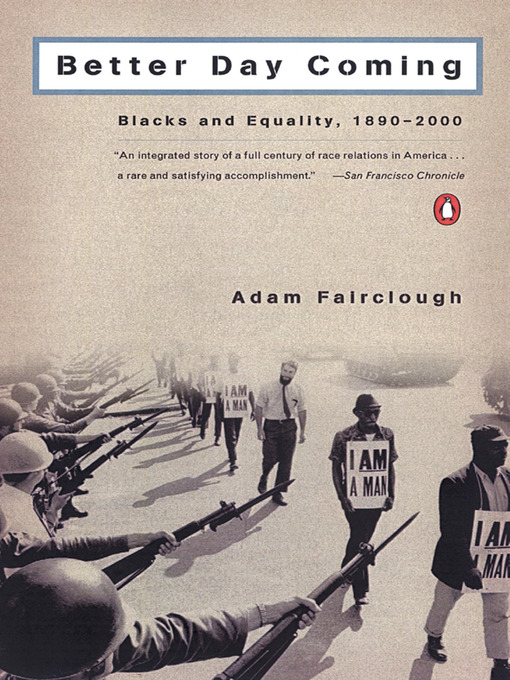-
Description
-
Details
-
Reviews

Kindle Book
- Release date: February 19, 2009
OverDrive Read
- ISBN: 9781440684166
- Release date: February 19, 2009
EPUB ebook
- ISBN: 9781440684166
- File size: 1723 KB
- Release date: February 19, 2009

Loading
Formats
Kindle Book
OverDrive Read
EPUB ebook
subjects
Languages
English
